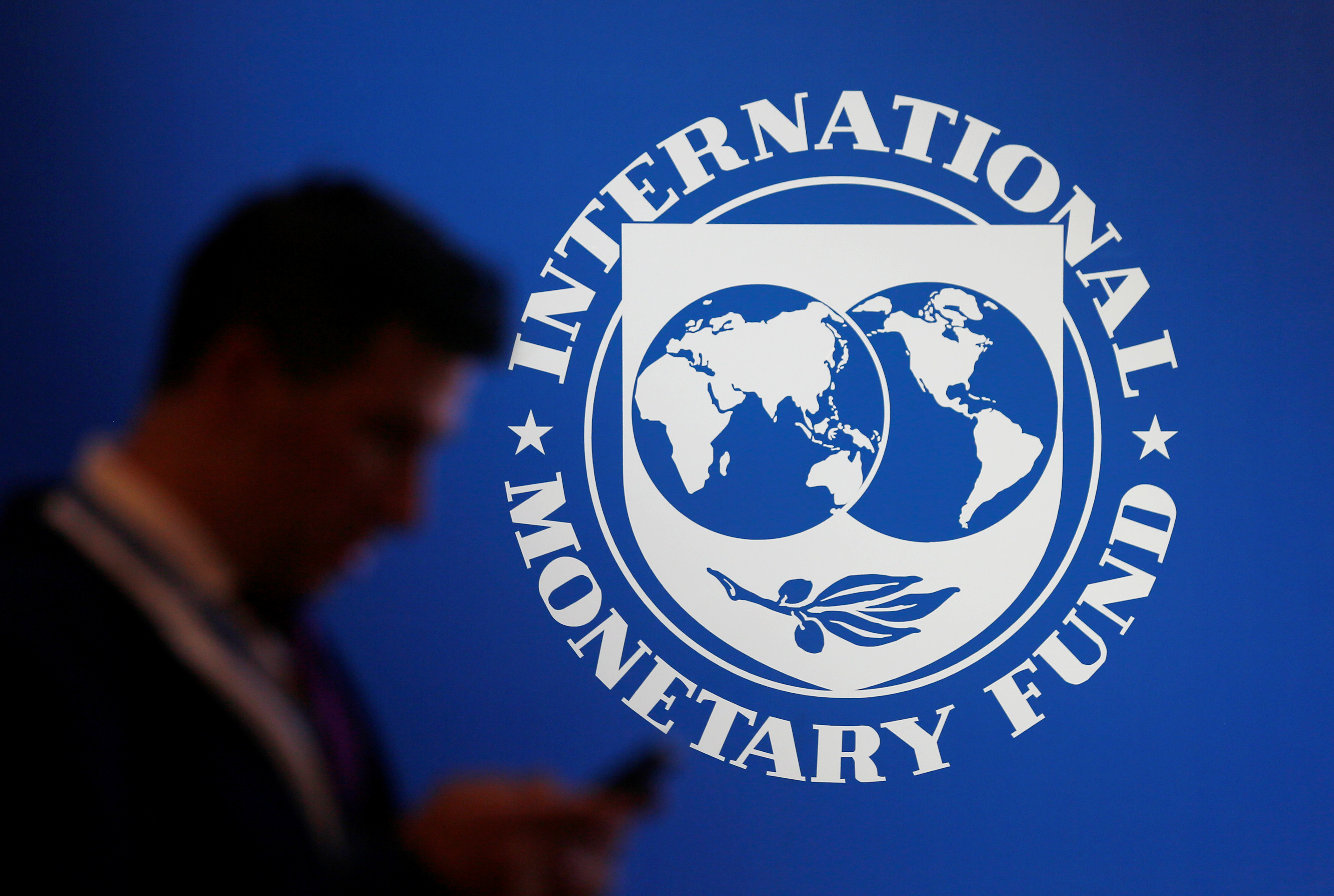Artificial intelligence will affect 40 per cent of jobs and exacerbate inequality - IMF

Johannes P. Christo/Reuters
Artificial intelligence could affect about 40 per cent of jobs and increase inequality, according to an analysis by the International Monetary Fund.
Here's What We Know
According to IMF Managing Director Kristalina Georgieva, in most scenarios, the introduction of AI technologies is likely to increase overall inequality. She urges policymakers to pay attention to this worrying trend to prevent social tensions from further escalating.
The IMF predicts that artificial intelligence could affect around 60 per cent of jobs in developed countries. In half of these, labour productivity is expected to increase due to the integration of AI technologies, while in others, humans are expected to be replaced by machines. This could lead to lower demand for labour, wage pressures and even the elimination of some occupations.
Meanwhile, only 26 per cent of jobs in developing countries could be at risk of automation due to lack of infrastructure and human resources. This will exacerbate inequality between nations, the IMF chief notes.
In addition, with the introduction of AI technologies may disproportionately increase the wages of young professionals and high-income workers. And older workers with low wages risk falling behind, the IMF warns.
Effective social safety nets and retraining programmes for vulnerable workers need to be put in place to mitigate negative impacts, Kristalina Georgieva concludes.
Source: IMF